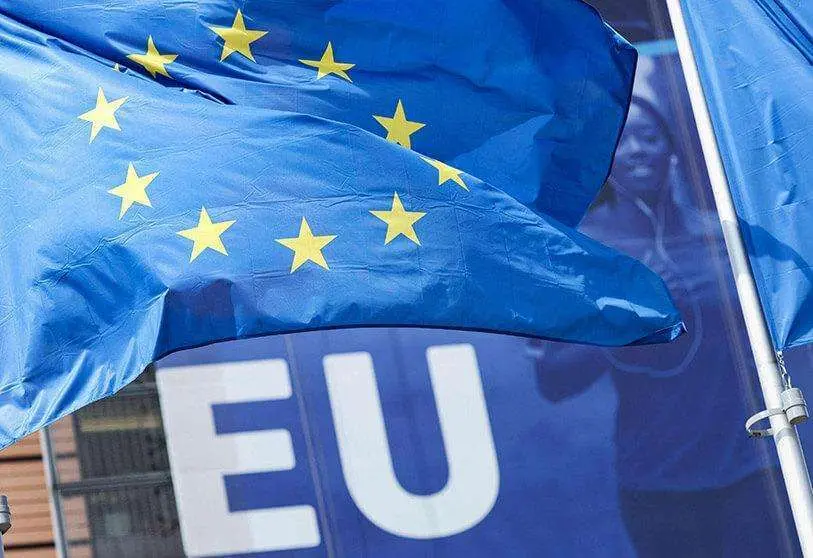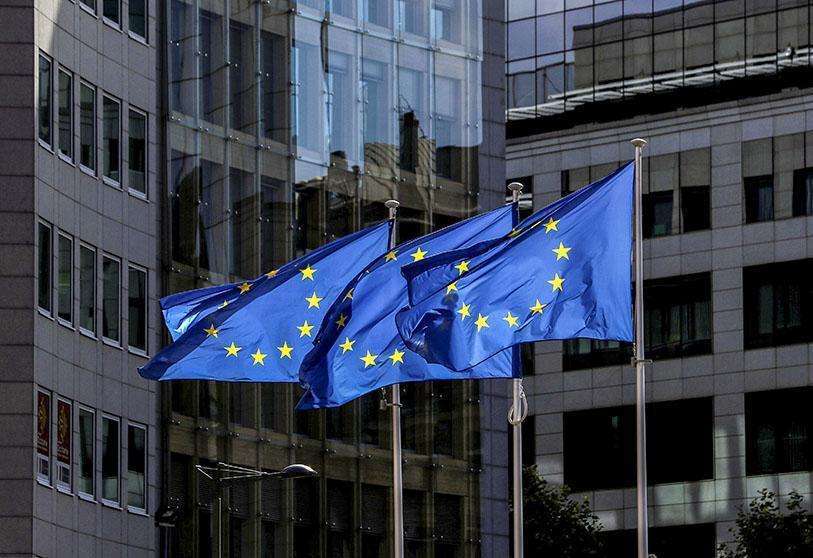EU installs first quantum technology in Spain and five other centres in Europe

The European High Performance Computing Joint Undertaking (EuroHPC Joint Undertaking) has announced the selection of the six centres that will host Europe's first quantum computers, to be located in the Czech Republic, Germany, Spain, France, Italy and Poland.
These computers will be integrated into existing supercomputers at these facilities and will form a large network across Europe. The total investment foreseen is over 100 million euros, half of which will come from the EU and half from the 17 countries participating in the EuroHPC Joint Undertaking. Wherever they are in Europe, researchers and other interested professionals will have access to these six quantum computers built using state-of-the-art European technology.
The new quantum computers will also meet the growing demand from European research and industry for quantum computing resources and potential new services. They will be able to solve complex problems in areas such as health, climate change, logistics or energy use in a matter of hours, as opposed to months and years for current systems, all with much lower energy consumption.
Margrethe Vestager, Executive Vice-President in charge of the Digital Europe portfolio, said: "This is an example of a European project par excellence. By pooling resources and expertise we can take the lead in an area that is essential for the future of our digital society. It contributes to our fight against climate change and allows us to take a major step towards realising our vision of a world-class supercomputing and quantum computing infrastructure in Europe, accessible throughout the EU".

The new quantum computers are expected to be available in all six centres by the second half of 2023. They will support a wide range of applications of industrial, scientific and societal relevance for Europe:
- The faster and more efficient development of new drugs by creating a "digital twin" of a human body on which, for example, virtual drug trials can be carried out.
- Solving complex logistical and organisational problems to help companies save time and fuel.
- Developing and testing, in a virtual environment, new materials such as polymers for aircraft, catalytic converters for cars, solar cells or room-temperature superconductors that could store energy indefinitely.
These new quantum computers are a step closer to meeting our Digital Decade goals of having our first quantum-accelerated computer by 2025 and being at the forefront of quantum capabilities by 2030.
This is a purely European initiative: these machines will be entirely made up of European hardware and software, using European technology developed under EU-funded quantum initiatives or through national research programmes and private investments.

The move announced today is part of a much broader initiative for which the EU is working to integrate European quantum computers and simulators as accelerators into its supercomputing infrastructure. More quantum computers will be procured in the future.
To further develop quantum computing and, more specifically, quantum software, the Commission plans to establish Centres of Excellence for Science and Industry that will focus on both research and industrial uses of quantum computers and simulators.
These Centres, aimed at all quantum industry professionals, the research community and the wider quantum user community, will be a reference for industrial and research quantum applications, providing services, support and libraries to organisations across Europe, in a similar way to the existing Centres of Excellence for High Performance Computing.
The seventeen countries participating in this quantum initiative of the EuroHPC Joint Undertaking are the following: Belgium, Czech Republic, Denmark, Germany, Ireland, Spain, France, Italy, Latvia, the Netherlands, Poland, Portugal, Romania, Slovenia, Finland, Sweden and Norway.

The European High Performance Computing Joint Undertaking (EuroHPC Joint Undertaking) is a legal and funding entity set up in 2018 to enable the EU and EuroHPC participating countries to coordinate their efforts and pool their resources with the aim of making Europe a world leader in supercomputing. In July 2021, the Council adopted the EuroHPC Regulation, which generated an additional investment of €7 billion.
The EuroHPC Joint Undertaking has already funded the Hybrid High Performance Computing and Quantum Simulator (HPCQS) project, which started at the end of 2021. The aim of this project is to integrate two quantum simulators, each controlling just over 100 quantum bits (cubits), into two existing supercomputers:
- The Joliot Curie supercomputer of GENCI, the French national supercomputing organisation, located in France;
- The JUWELS supercomputer at the Jülich Supercomputing Centre in Germany.
The HPCQS project will thus become a unique hybrid quantum supercomputing incubator in the world.
In 2016, European stakeholders in quantum computing published the Quantum Manifesto, which in 2018 led to the launch of the 10-year, €1 billion EU-funded collaborative research and innovation initiative: The Quantum Flagship Initiative.
The next phase of the Quantum Technologies Flagship Initiative (funded under Horizon Europe) is now starting. It will consolidate and extend European leadership in quantum technologies research and bring research results closer to the stage of industrial exploitation.
Quantum Flagship projects create and develop technologies for downstream activities, such as the implementation of quantum computers and simulators in EuroHPC or the implementation of a Quantum Key Distribution (QKD) infrastructure in the European Quantum Communication Infrastructure (EuroQCI) initiative.








